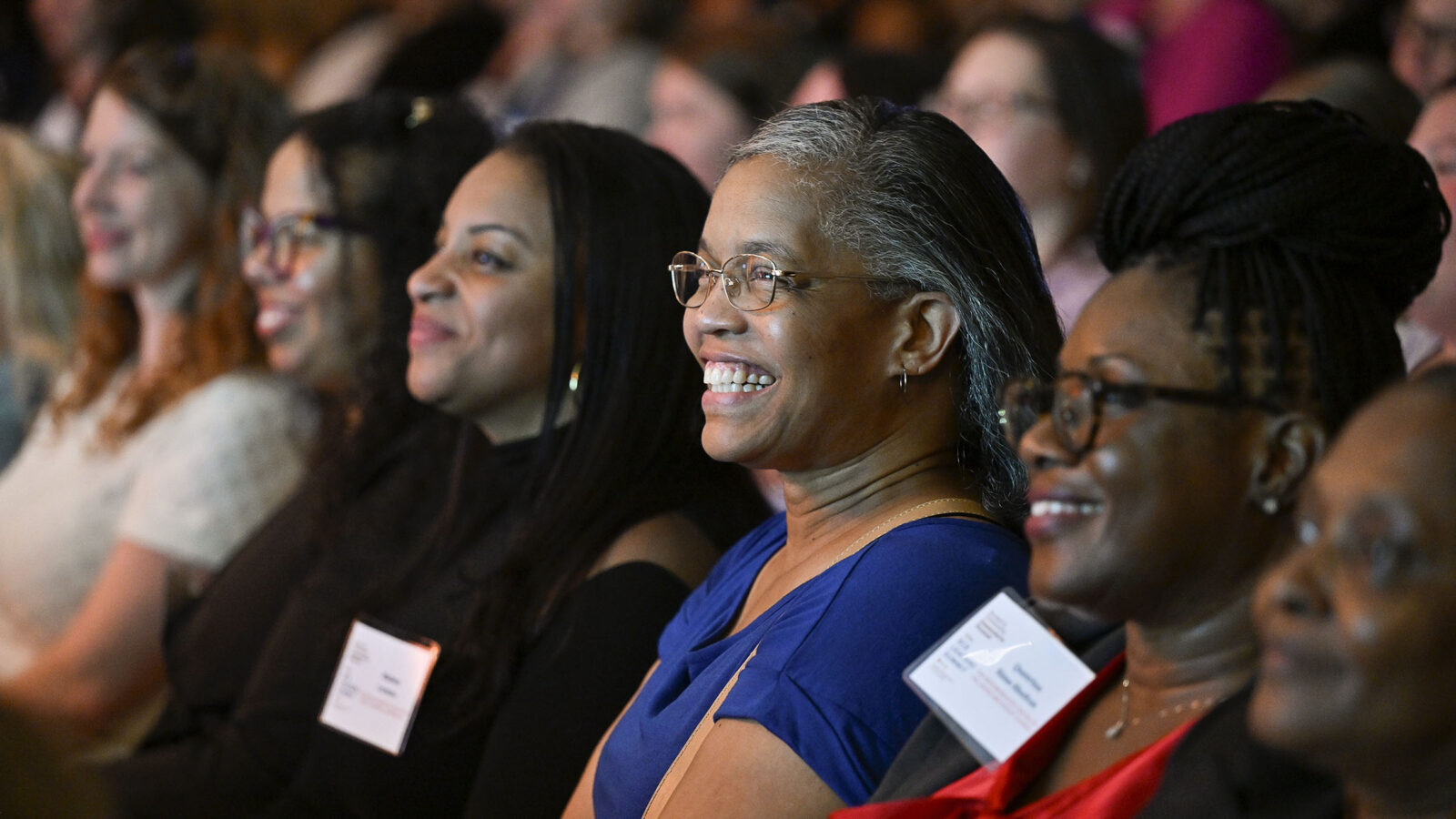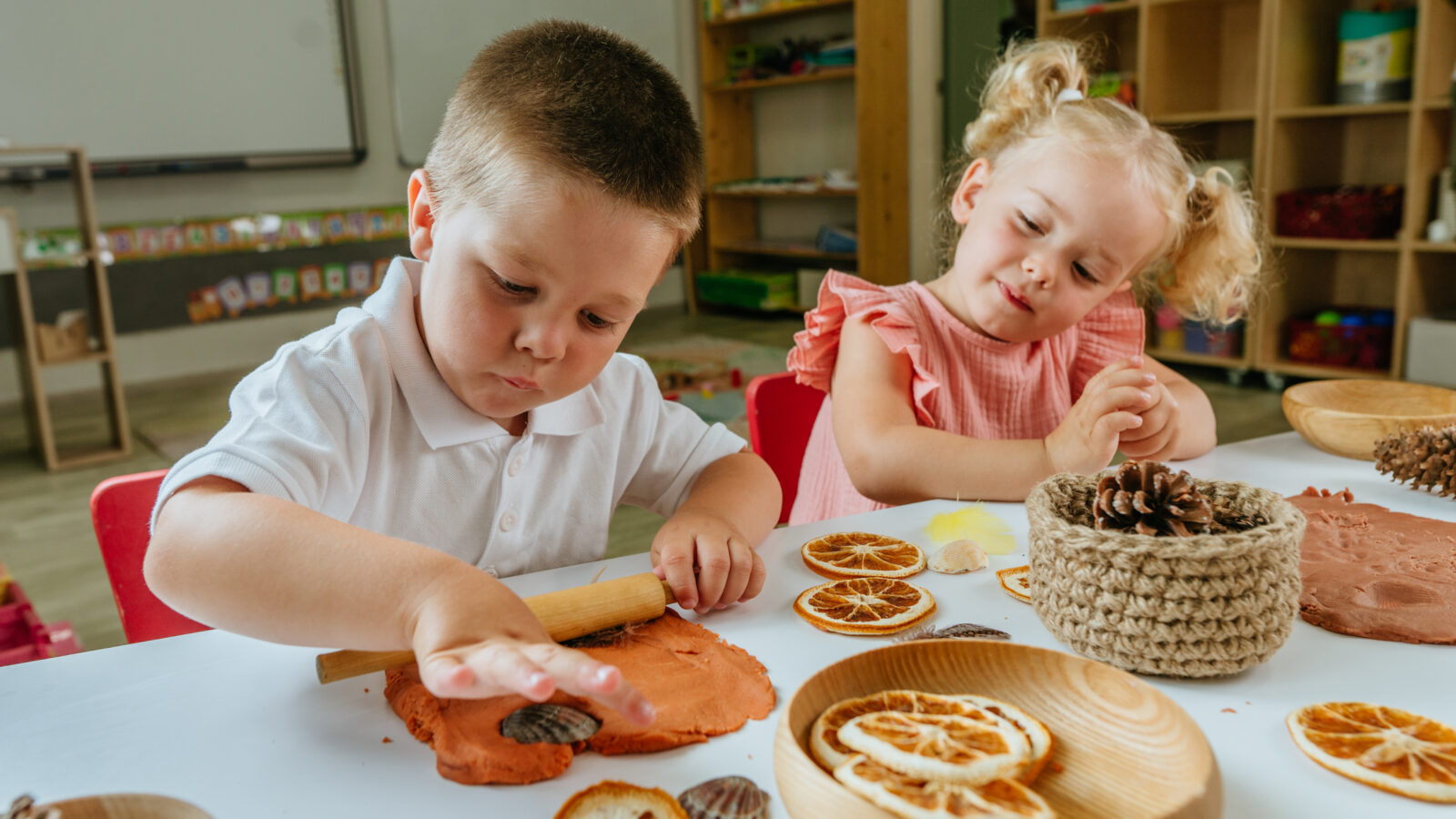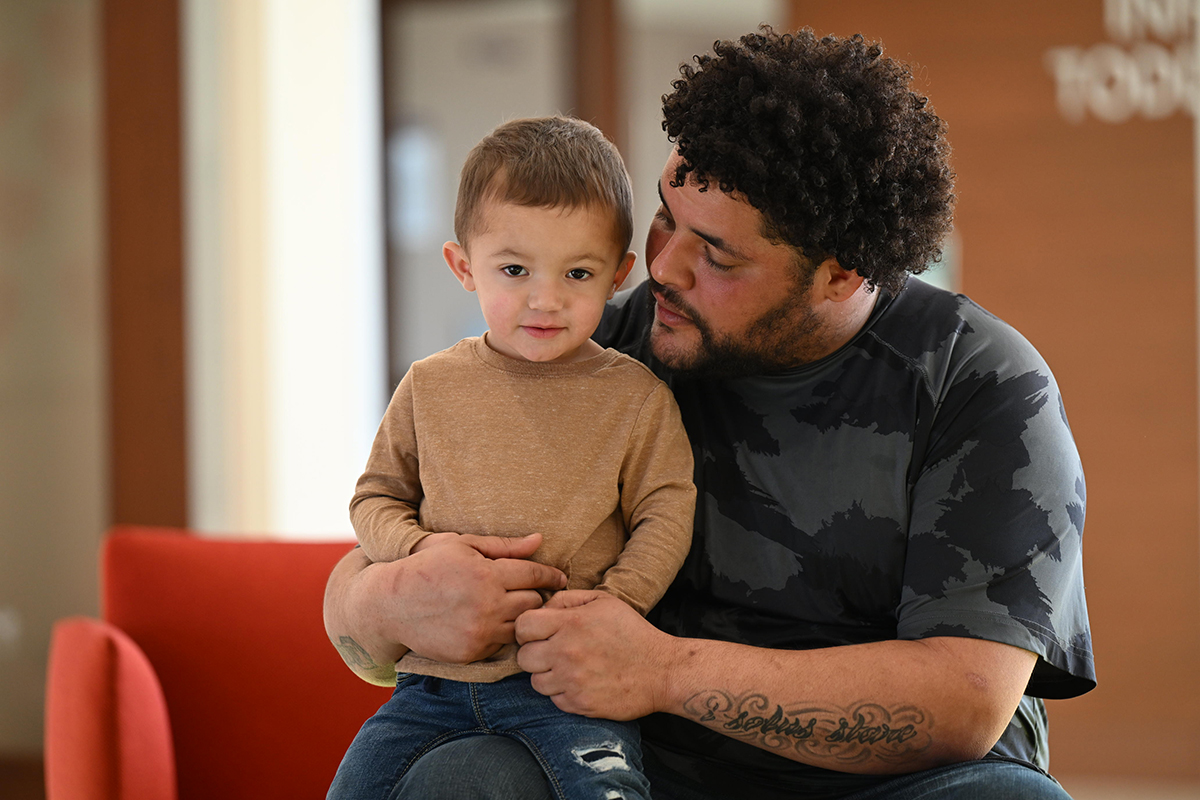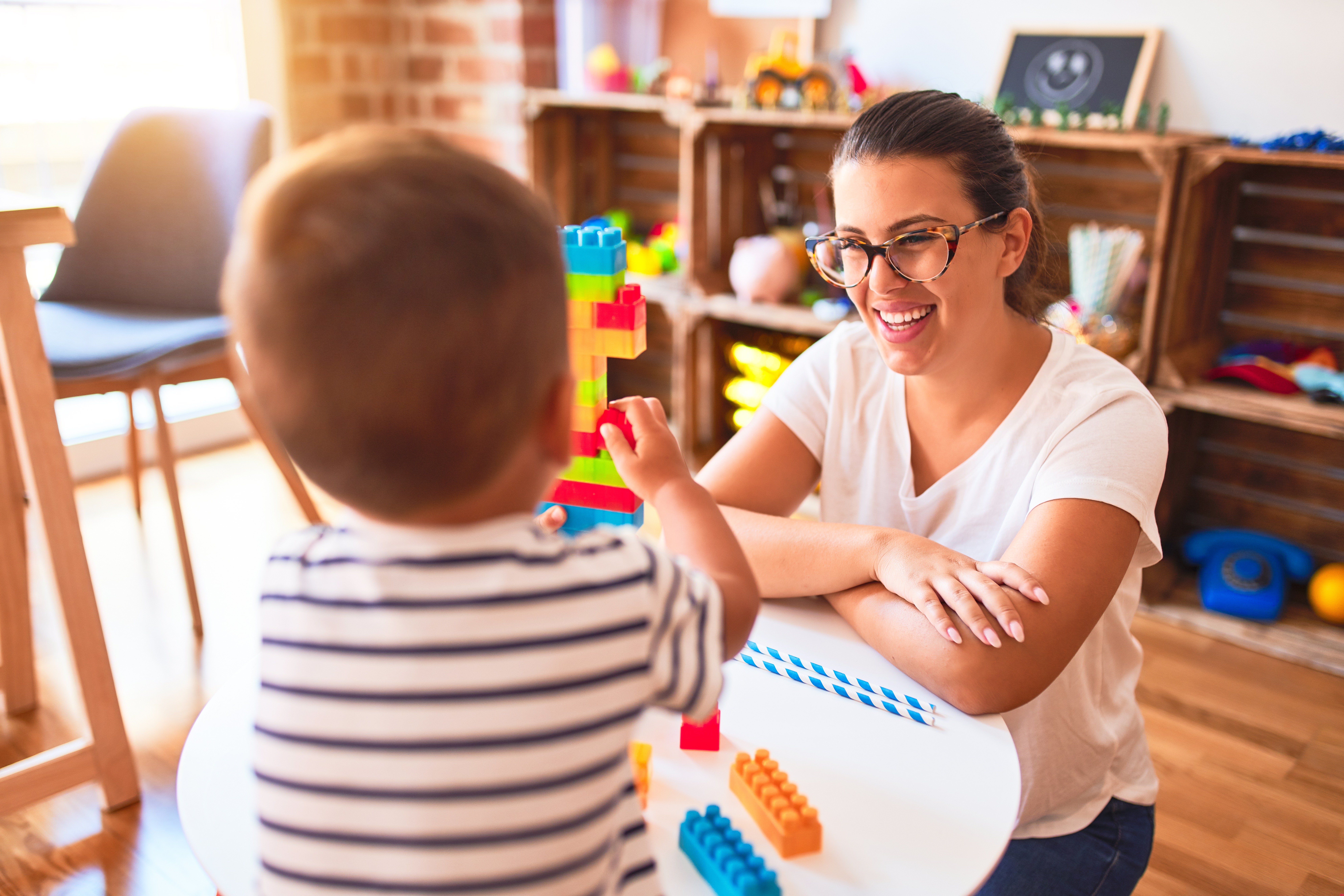A Child’s First Teachers: Supporting Families to Grow Together
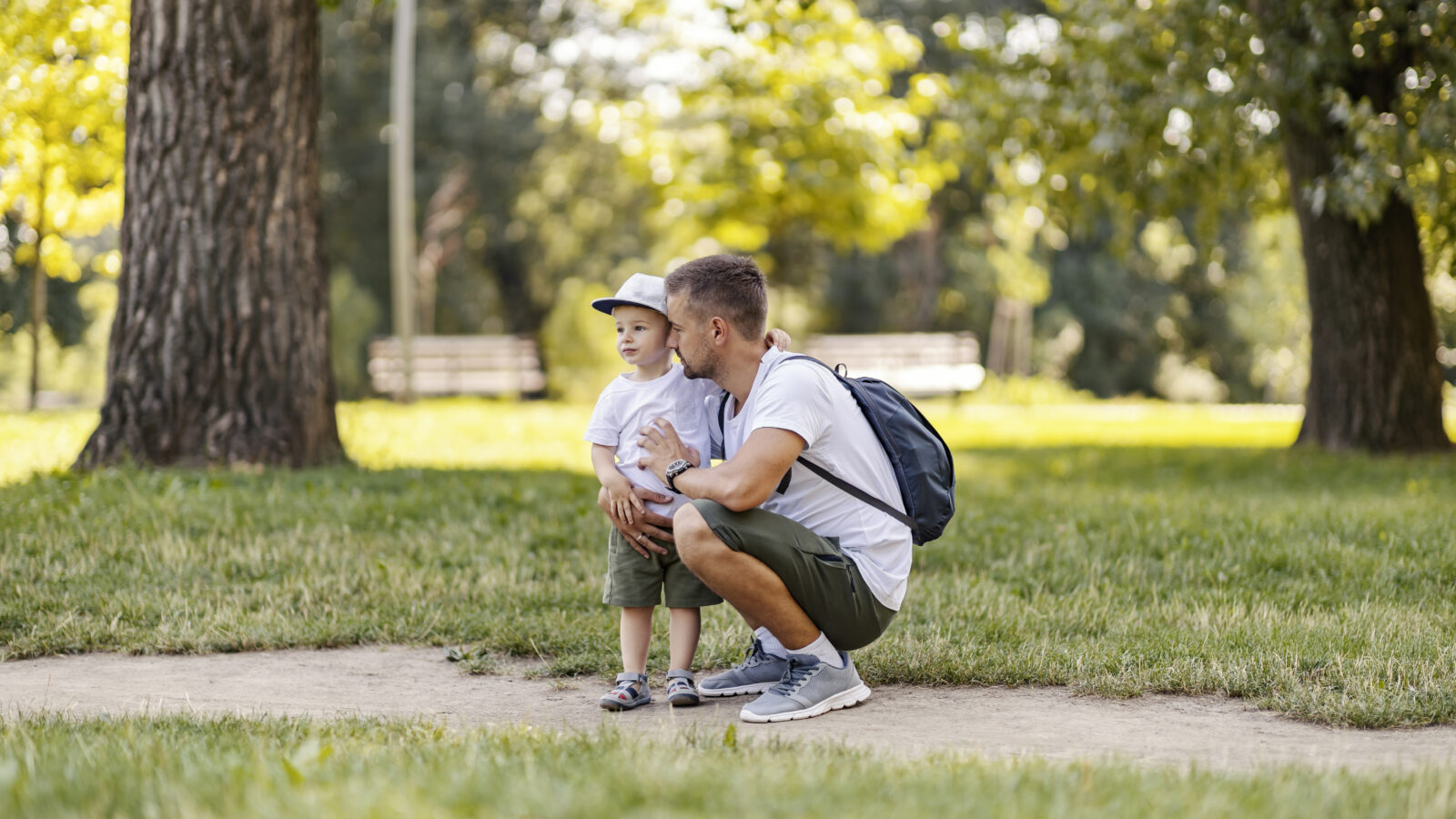
By Patrick Eckelmann, Learning & Development Manager at CHS for Early Learning
When a child is born, they start a life filled with possibilities. While children grow and learn throughout their lives, the foundations for that development are laid in the first five years of life, when ‘school’ is secondary to the role played by families as ‘first teachers’. How that child’s brain develops is not a matter of chance but is directly related to the kind of experiences in the child’s life, and– crucially— the relationships built up with parents, families, and guardians.
We hear a lot in early childhood circles about ‘quality of life’ and the long-term ramifications for childhood development. Often, we focus on the so-called adverse childhood experiences (ACEs) such as neglect, abuse, and witnessing drug use. For many families, while they are aware of the importance of providing good food, warm clothing, shelter, and healthcare for their children (even when times are hard) they are less aware of the vital need to provide positive childhood experiences (PCEs).
Quality Counts
Much like the quality of food we feed children from an early age can determine how their bodies grow, relationships between children and their families and the quality of a child’s experiences within those relationships can determine the quality of their development, health, and overall value of life.
Loving, supportive interactions between families and children develop the child’s confidence, resilience, and communication skills. Later in life, these are skills children will need for working through problems, dealing with stress, and forming healthy relationships. Developing strong attachments in the early years also improves children’s lifelong mental health. You could say that the more PCEs a child has, the less the ACEs in life can adversely impact them. It is their first teachers that are teaching the skills that they need not only to survive but to thrive.
So, what does this mean for families, communities, and schools? It means that those of us in early learning roles have a responsibility to encourage and empower families to become the best first teachers they can be to support children in building the foundations that will allow them to be the citizens of the future. In fact, they are citizens of the present, although we are not always accustomed to thinking of them in those terms.
A Child is Born – So is a Parent
For some families, this requires a recalibration in thinking. Children are not just ‘empty vases’ into which we, as adults, pour learning and experience. Families can practice nurturing children by helping them discover what they CAN do, not showing them what they CAN’T do – self-esteem in children grows from feeling competent and skilled at activities they enjoy.
Trust between children and their families is a strong connection that solidifies their relationship and is crucial for learning and development. Attentive parents and families can be supported in learning how competent their children can be as they interact with them in a nurturing relationship and by helping them discover what they are good at. This reinforces the concept that the child is lovable AND capable— and so are the parents and caregivers.
Amid all the hustle and bustle of family life, lost shoes, and hurried meals, my plea is that we should all pause and reset. Ask yourself, “What does it mean to be a child and a caregiver? As early learning professionals, we should support parents, caregivers, and guardians in their role as the child’s first teachers. For example:
- Give families the opportunity to volunteer in the classroom.
- Share resources and techniques to support a child’s learning at home.
- Encourage open communication between you and the family.
- Provide frequent updates on the child and praise the child when their families are present.
- If possible, host a session focused on family relationships or emotional learning.
Overall, help families understand that relationships centered on mutual respect, mutual learning, and mutual goals can allow the whole family to grow together.

